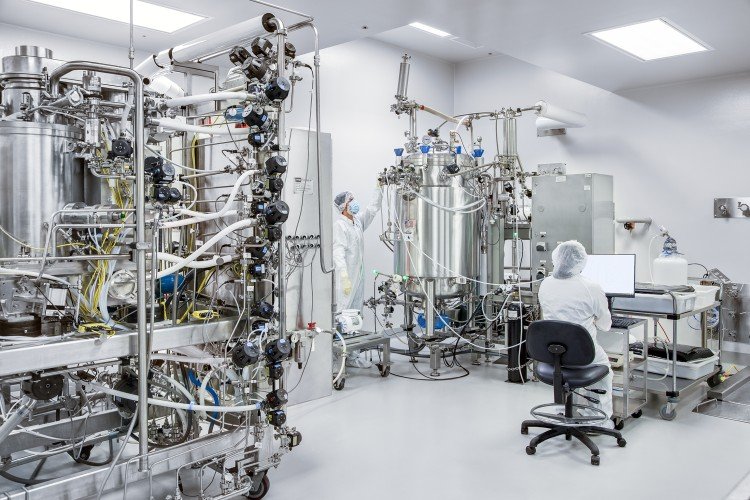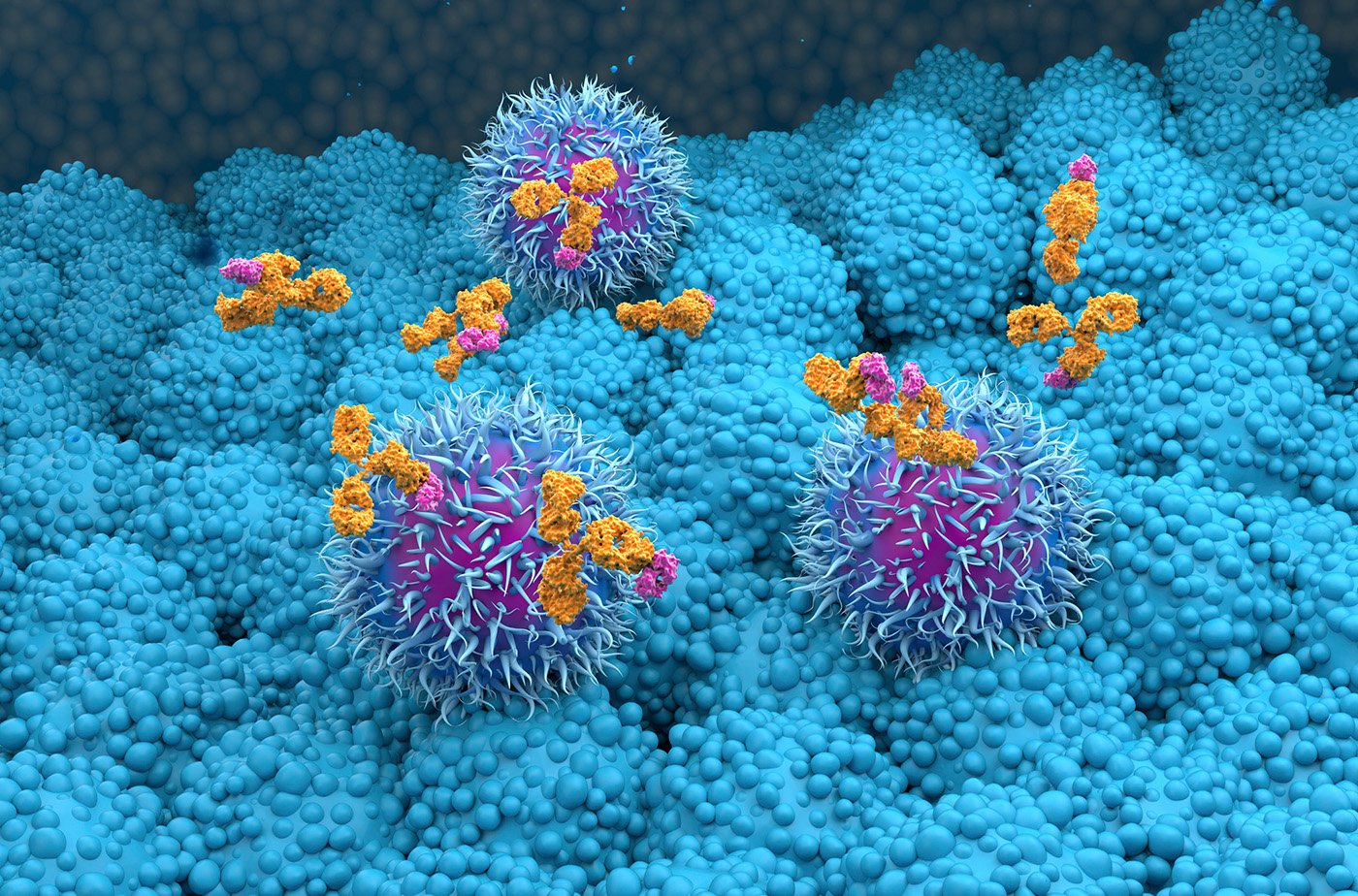The FDA is investigating the death last month of an eight-year-old boy in Brazil who had received Sarepta Therapeutics’ Elevidys® (delandistrogene moxeparvovec-rokl)—though the company and its overseas partner quickly countered that his death was unrelated to treatment with the Duchenne muscular dystrophy (DMD) gene therapy linked to two of the company’s three patient deaths this year.
The FDA announced that the death occurred on June 7 and stated that shipments of Elevidys had been voluntarily suspended upon agency request, as it investigates safety concerns. Sarepta agreed to voluntarily “and temporarily” pause all shipments of Elevidys in the United States, without saying how long it plans to temporarily halt Elevidys shipments.
Sarepta then issued a “clarifying” press release stating that it reported this event to FDA on June 18 via the FDA’s postmarketing electronic database, the FDA Adverse Event Reporting System (FAERS).
Sarepta cited a separate statement by Roche—which holds outside U.S. rights to Elevidys—declaring the death to be unrelated to treatment with the DMD gene therapy, as stated by Brazilian authorities. Roche also said that the boy who died had not been a participant in any clinical trials, that the reporting physician assessed the death as being unrelated to Elevidys, and that the death was reported to health authorities in Brazil.
Roche has declined to confirm the age of the patient or comment on details related to his death.
“At Sarepta, patient safety and well-being are always our top priority. We are committed to upholding the highest safety standards for all of our therapies, and do so in accordance with applicable law and commitment to full regulatory transparency,” Sarepta said in its statement.
Earlier this week, Roche paused shipments of Elevidys in countries that had based their approvals for Elevidys on FDA approval, primarlily countries in the Gulf region. In addition to the United States, Elevidys is approved in Bahrain, Kuwait, Oman, Qatar, and the United Arab Emirates—as well as in Brazil, Israel, and Japan.
Roche generated $4 million in royalty revenue during Q1, and $16.8 million in 2024 on sales of the gene therapy. Roche licensed ex-U.S. rights to Elevidys from Sarepta in 2019.
News of the Brazilian boy’s death caps a week in which:
- The European Medicines Agency’s Committee for Medicinal Products for Human Use recommended against approving Elevidys in Europe for ambulatory individuals ages 3–7 years.
- Sarepta faced negative news reports attributed to unnamed FDA officials stating that Elevidys would have a difficult path toward returning to market.
- The company saw stock downgrades by Needham and B of A Securities, and a “Sell” rating at the start of coverage by Citi.
Sarepta‘s stock tumbled 15% this past week, from $14.08 on July 18 to $11.93 at the close of trading July 25. The subsequent FDA announcement help sink Sarepta stock further, as shares fell another 3% in after-hours trading.
Most important, Sarepta backed away from a confrontation with the FDA over Elevidys. The company on July 18 initially refused the agency’s request to voluntarily halt shipments of Elevidys for ambulant DMD patients, “based on our comprehensive scientific interpretation of the data, which shows no new or changed safety signals in the ambulant patient population.”
“Deep disappointment”
The FDA responded to Sarepta’s initial refusal by expressing “deep disappointment” in the company—and by threatening to wield the “full regulatory authority” of the agency to compel the company to halt Elevidys shipments. Also, the FDA placed clinical holds on Sarepta’s clinical trials of its gene therapy candidates for limb-girdle muscular dystrophy (LGMD).
Among those candidates was SRP-9004. The LGMD candidate had been under evaluation in the Phase I DISCOVERY trial (Study SRP-9004-102; NCT01976091), a proof-of-concept study designed to assess the safety and expression of the alpha-sarcoglycan protein following treatment with SRP-9004. One patient in that study, a 51-year-old man with non-ambulant LGMD, died last month after being dosed with SRP-9004.
“It is important for the patients we serve that Sarepta maintains a productive and positive working relationship with FDA, and it became obvious that maintaining that productive working relationship required this temporary suspension while we address any questions that FDA may have and complete the Elevidys label supplement process,” Sarepta CEO Douglas S. Ingram said in a statement.
The FDA has requested that Elevidys’ label include a black box warning for acute liver failure and acute liver injury, a request that Sarepta has supported.
The LGMD death came four months after Sarepta acknowledged the death of a 16-year-old young man with DMD following treatment with Elevidys in March, and just over a month after the company in June disclosed the death of a second Elevidys patient, whose age has not been disclosed.
Following the second patient death tied to Elevidys, Sarepta voluntarily paused shipments to non-ambulant DMD patients.
As with the two Elevidys patients, the LGMD patient who died succumbed to acute liver failure (ALF) after treatment with SRP-9004, a recombinant, adeno–associated viral vector (AAV) gene therapy. SRP-9004 is designed to deliver a full-length alpha-sarcoglycan transgene SGCA using the AAVrh74 vector, which, according to Sarepta, is designed to be systemically and robustly delivered to skeletal, diaphragm, and cardiac muscle.
Sarepta was criticized by several analysts earlier this month for not disclosing the LGMD patient death when it announced it would “pause” development of SRP-9004 among most of the LGMD therapy candidates in its pipeline. Sarepta announced the pause along with a restructuring that would eliminate 36% of its workforce—approximately 500 jobs.
The post FDA Probes Death of Brazilian Boy Linked to Sarepta’s Elevidys appeared first on GEN – Genetic Engineering and Biotechnology News.




